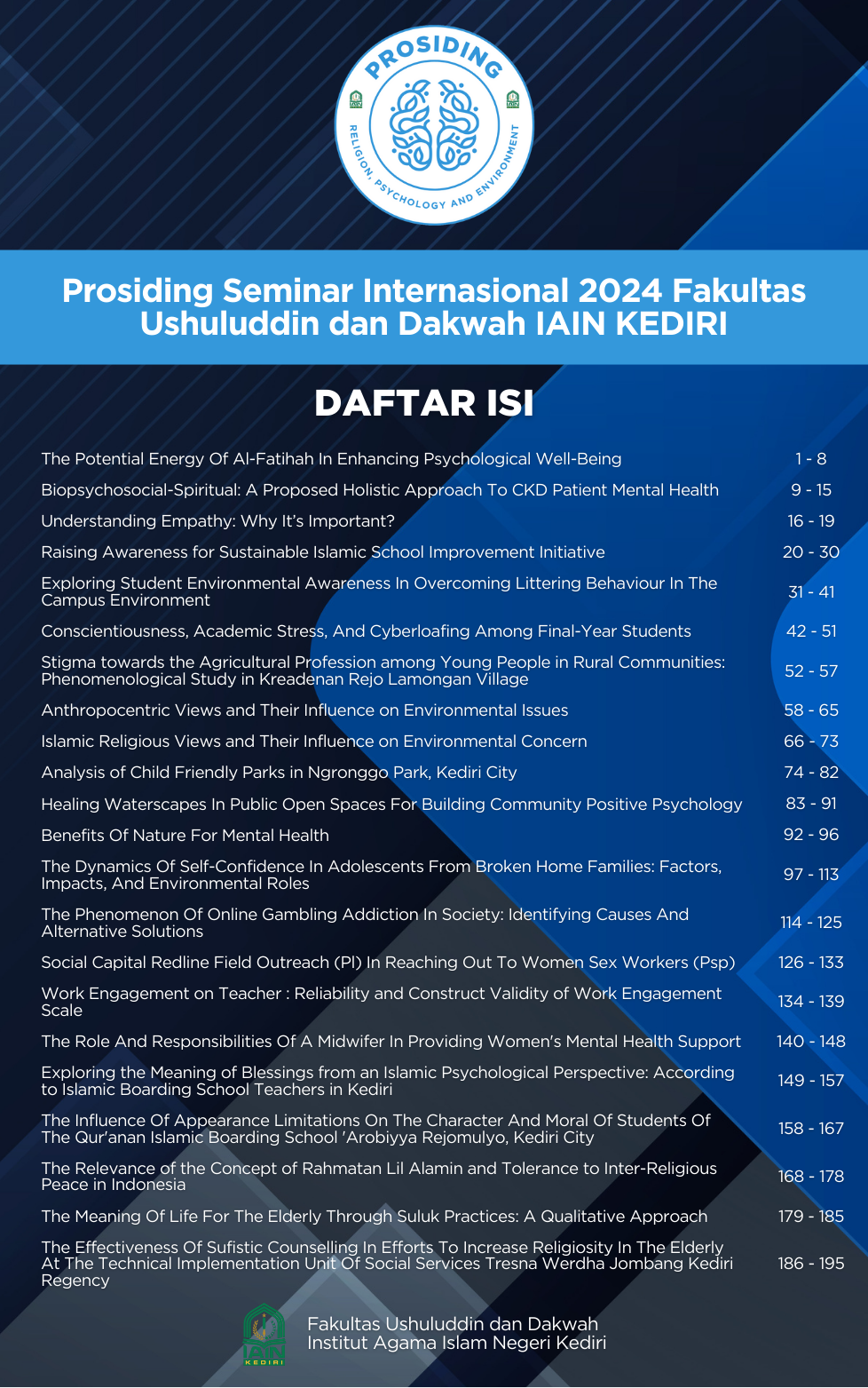The Dynamics Of Self-Confidence In Adolescents From Broken Home Families: Factors, Impacts, And Environmental Roles
Keywords:
Self-Confidence, Broken Home Children, Social SupportAbstract
This study aims to explore the levels of self-confidence in children from broken home families. A broken home is defined as a family experiencing dysfunction or separation due to divorce, parental separation, death, or severe parental conflict. Self-confidence in children is a crucial factor in their psychological and social development, influencing academic performance, interpersonal relationships, and emotional well-being. The study employed a qualitative phenomenological approach involving four respondents aged 15–20 from diverse broken home backgrounds. Data were collected through in-depth interviews focusing on self-confidence levels and related factors. The findings indicate that children from broken home families generally exhibit lower self-confidence compared to those from intact families. Social support from the surrounding environment and parental relationships significantly influence their self-confidence. However, some children from broken home families demonstrate high self-confidence, typically supported by the presence of substitute parental figures and stability in other aspects of life. The study concludes that adolescents from broken home families often experience disadvantages, decreased self-confidence, profound sadness, and lingering emotional wounds, significantly affecting their self-esteem. Several factors contributing to low self-confidence include environmental influences, peer relationships, and family disharmony.






